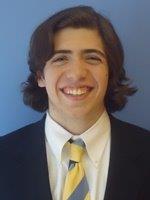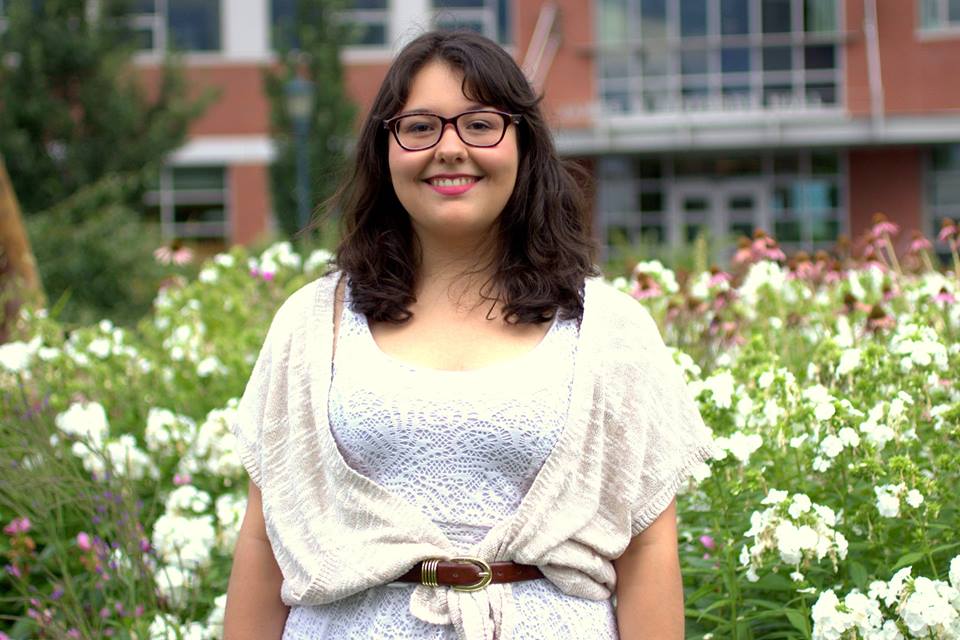Marissa McFadden in the Senior Spotlight:
a series on our graduating seniors
EDITOR’S NOTE: We’re proud to announce that Marissa McFadden is one of this year’s recipients of the Department’s Outstanding Senior Award.
Why did you major in Religion?
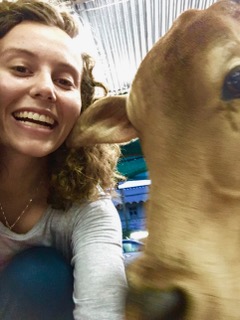
Marissa McFadden ’17 (left) during a study abroad program in India.
Being a religion major is the one part of my life that has not changed these past four years. I started my first year at UVM as a biochemistry and religion double major. I primarily majored in religion because I genuinely had a passion for thinking about world systems, languages, cultures, interactions and intersectionalities. But also, I thought that it would be a unique characteristic that I could present to medical school admissions. In high school I had an ounce of exposure to “world religions” and I knew that I wanted to take religion classes at whatever school I decided to go to. I do not think that I consciously knew it then, but my decision to major in religion was the beginning of my move away from the sciences, and more towards thinking about the world in an activist and highly critical manner. Religion is what countered my work in science and fostered my interest, and eventual switch from biochemistry to history, and eventually, social work. I have also found all of the Religion faculty members, even the ones that I have not had as professors, to be endlessly encouraging and supportive of my interests, goals, and wellbeing.
Where do you imagine yourself in 10 years?
I see myself working as a social worker in Vermont communities of high refugee and/or immigrant and/or low-income populations. I want to work on improving public health and academic equity in communities around northern and rural Vermont. I see myself critically thinking and applying all that I have learned in history and religion–but especially religion, to my work in a field which will presumably be filled with experiences, big questions, theories, intersectionalities, and policies relating to critical race theory, immigration, gender, culture, religious practice, and human rights.
[Editor’s note: Marissa will begin work toward her goals this Fall as a Master of Social Work candidate at UVM!]
Imagine a first-year student has asked your advice about REL courses. What’s the one she shouldn’t dream about missing? Why?
Even thought it is a requirement, I would highly recommend a theory course, like Interpretation of Religion with Professor Morgenstein Fuerst. I took this course as a first year, with one intro religion course on my transcript. When I realized what I had gotten myself into, it absolutely scared me to death. I felt like this class was far beyond my years and I had no idea that it was a-typical for a first year to take this course. But, I loved every second of that class. It is the class where I learned how to think critically and develop my voice as a scholar of religion, and as an activist. Most importantly, it made me work hard, but not without enjoying the work that I was doing. I think about and use the things that I learned in that class on a daily basis and will probably continue to do so for the rest of my life.
If you could write any book, what would it be?
If I could write any book, it would be about the environmental devastation and public health injustices that have resulted from the U.S. military occupation in Vieques, Puerto Rico during the era of the Manhattan Project up through the early 2000s. There is very little scholarship on this and I think that writing a book on this topic would bring my history and religion majors together with my interests in public health, social work, and the history of my own family.
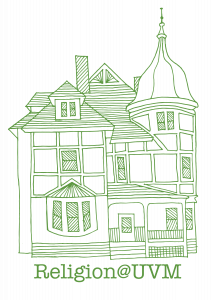 Any fond memories of 481 Main Street you want to share?
Any fond memories of 481 Main Street you want to share?
481 Main is the ultimate home away from home. I think I’ve spent some portion of at least 75% of my total waking days in the religion department over the years; mostly doing homework or reading… and an occasional nap on the couches. But the conversations I have had in that building are by far, my favorite—there is just something magical about that seminar room—and every professor in the department!
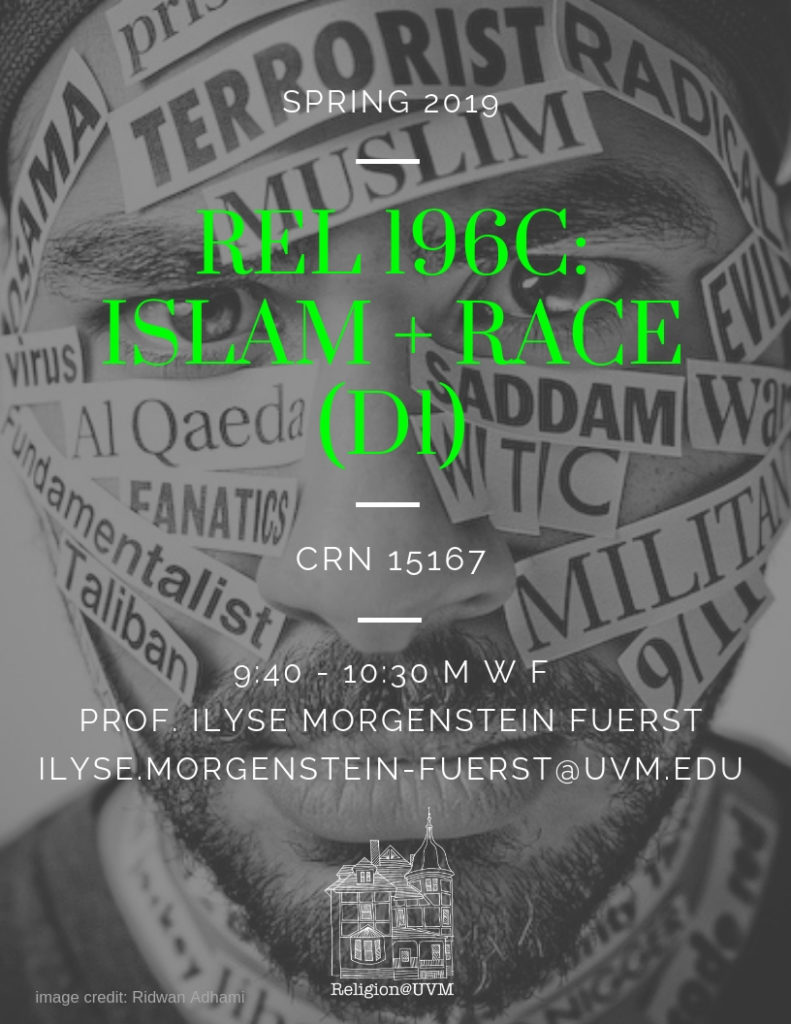

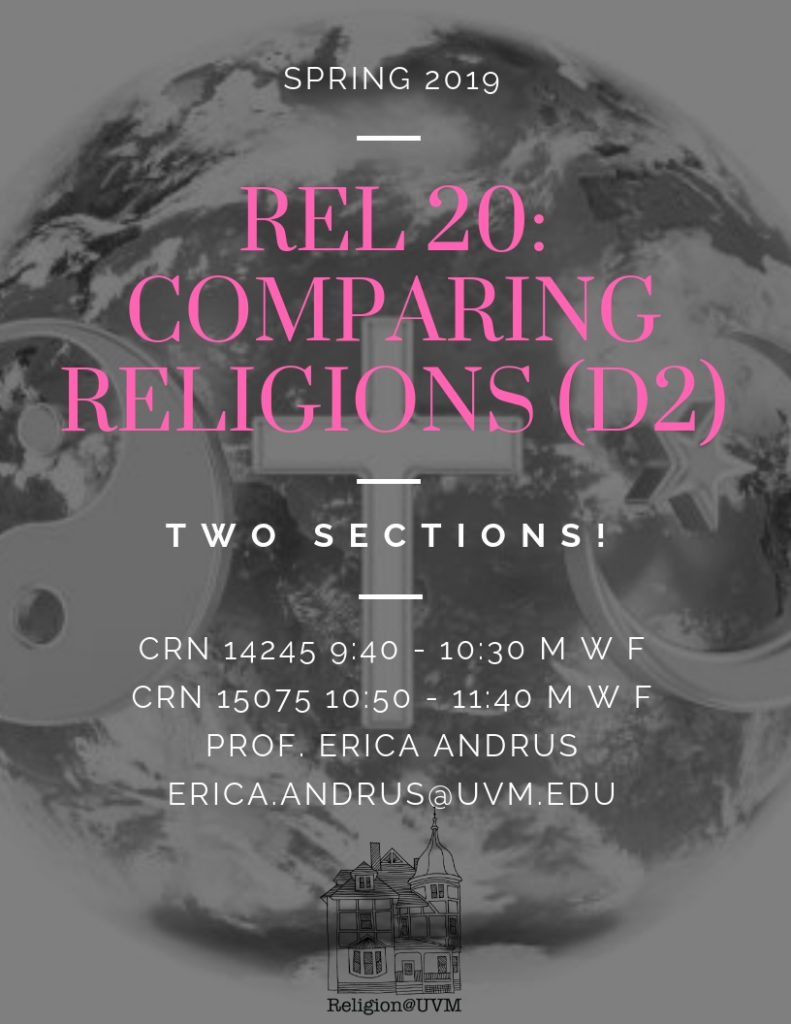
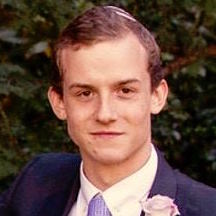
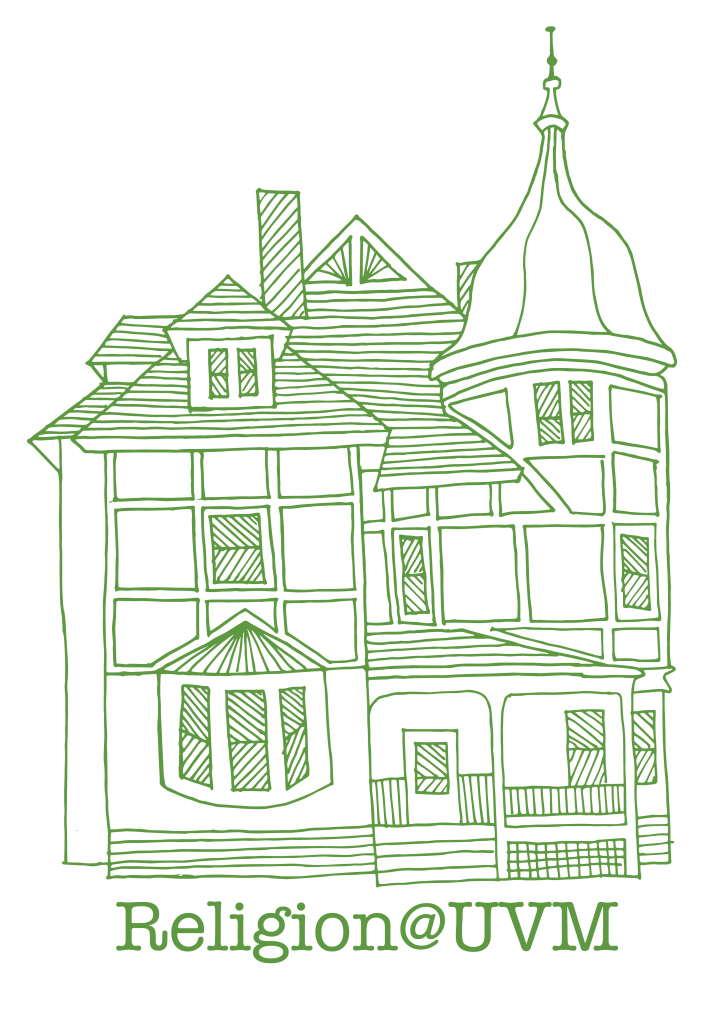

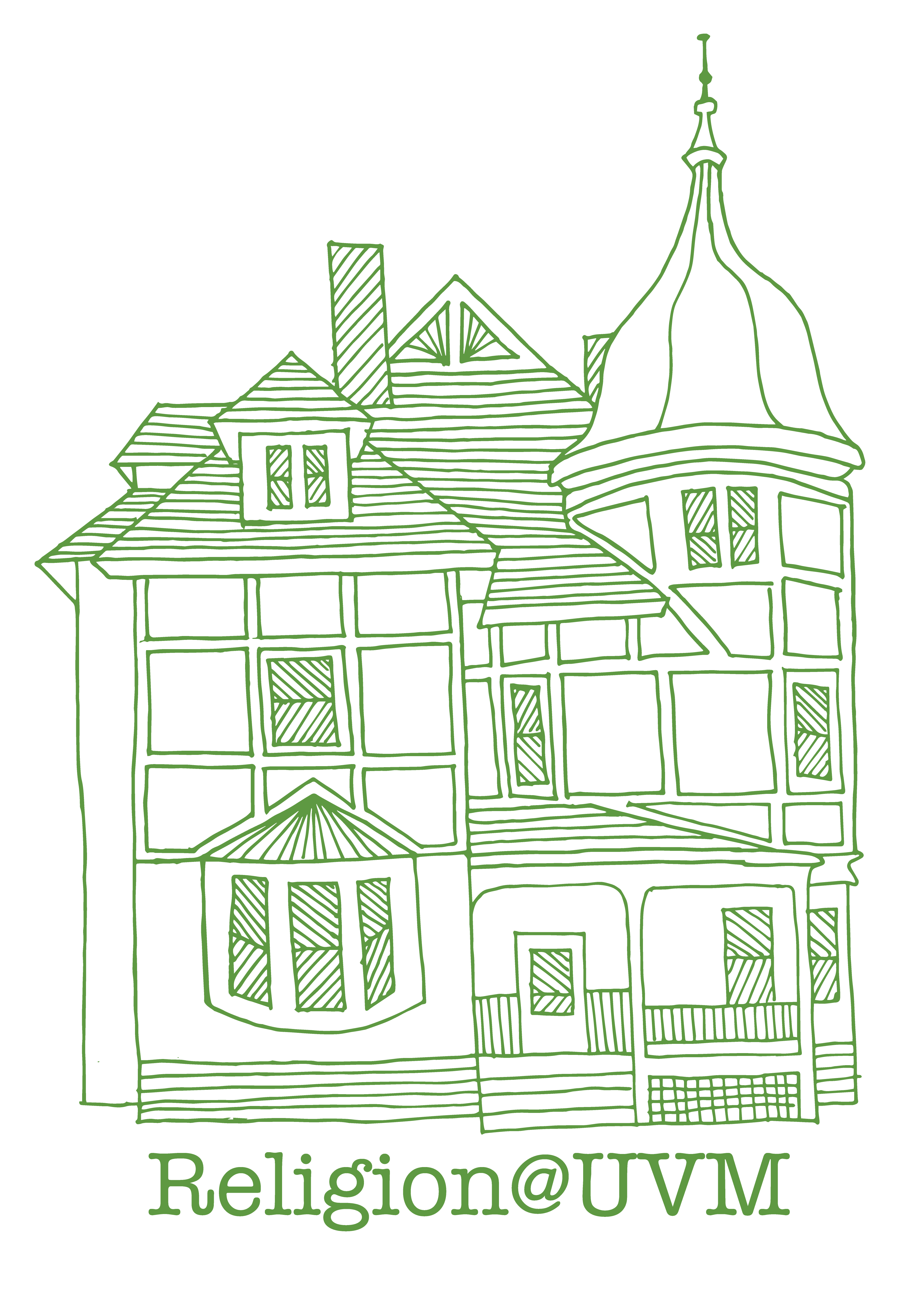

 If you could write any book, what would it be?
If you could write any book, what would it be?


